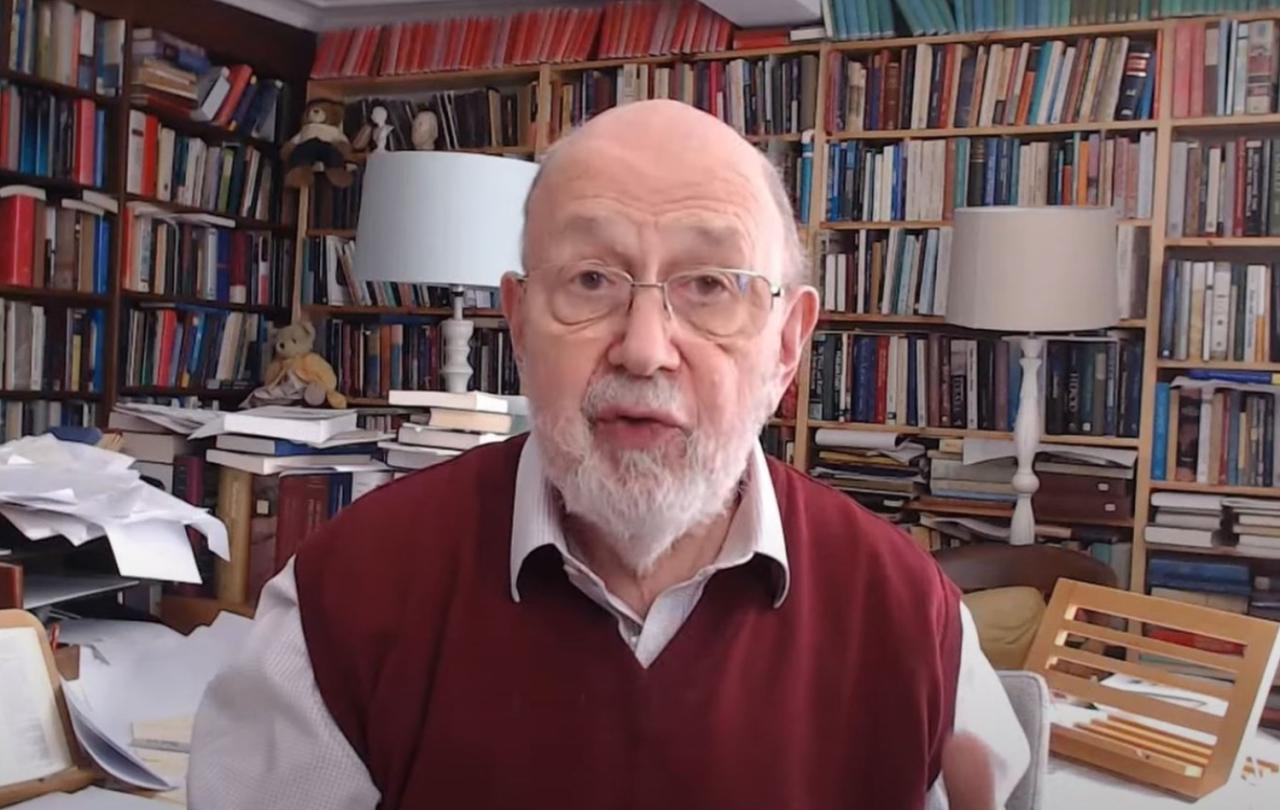‘The thin place’ is one of those wonderfully old terms; fifth century old, to be exact. It’s what Celtic Christians labelled the precise places where it felt as though this world and another would meet. Those places were thin because the atmosphere they provided made it appear as though there was very little separation between humanity and the divine. The seen and the unseen, residing in particularly close proximity.
Being Welsh, I have a soft spot for anything remotely ‘celtish’. Being a lover of anything enchanting, I swoon at such a beautiful notion. Being a Christian, I happen to believe that thin places are real.
Here’s the interesting thing though, when the Celts used this phrase, it was pertaining to a geographical area – a Welsh waterfall, an Irish woodland, a Scottish Loch (sorry England, I’m sure your Anglo-Saxons were just as appreciative of you). But when Tarn Bright, the CEO of Home for Good, used this phrase just last week, it was when talking about the UK’s care system.
Quite the unexpected twist, isn’t it?
But you need to spend approximately three minutes in Tarn’s presence to agree with her. In fact, whenever I find myself chatting to anyone from Home for Good, an organisation that is intent on ‘finding a home for every child that needs one’, I find myself in a very thin place indeed.
As a way of explaining myself (and Tarn), allow me to briefly turn my attention to just one of the things that make Christianity ever so slightly odd: the Christian God is a family. I know, I know - it’s intricate, it’s complicated, it’s paradoxical, but it’s absolutely core to the way Christians perceive… well…. everything.
Father, Son, Holy Spirit – the Holy Trinity. All distinct, all one, all God. If I were NT Wright or Jane Williams, perhaps I would feel confident enough to explain this thoroughly. But I’m not, so I won’t. Instead, I’m hoping that you’ll take my word for it, follow my (or rather, Tarn’s) line of argument, and seek out the details later.
Deal? Deal.
So, here we all are acknowledging that Christianity has a family as God, that there has been relationship from the very beginning of time. And so, it follows that Christianity also hinges on a family-making-God, one who ‘sets the lonely in families’, to borrow a phrase. Hence, the thin place. Tarn’s profound thinking is that when we, as humans, put families together, there’s very little separation between us and the God who has always been determined to do the very same thing. If those families are formed biologically – wonderful. If a family is put together through a combination of circumstance and choice – that is just as legitimate and just as thin.
I struggle to think of a more beautiful thought.






